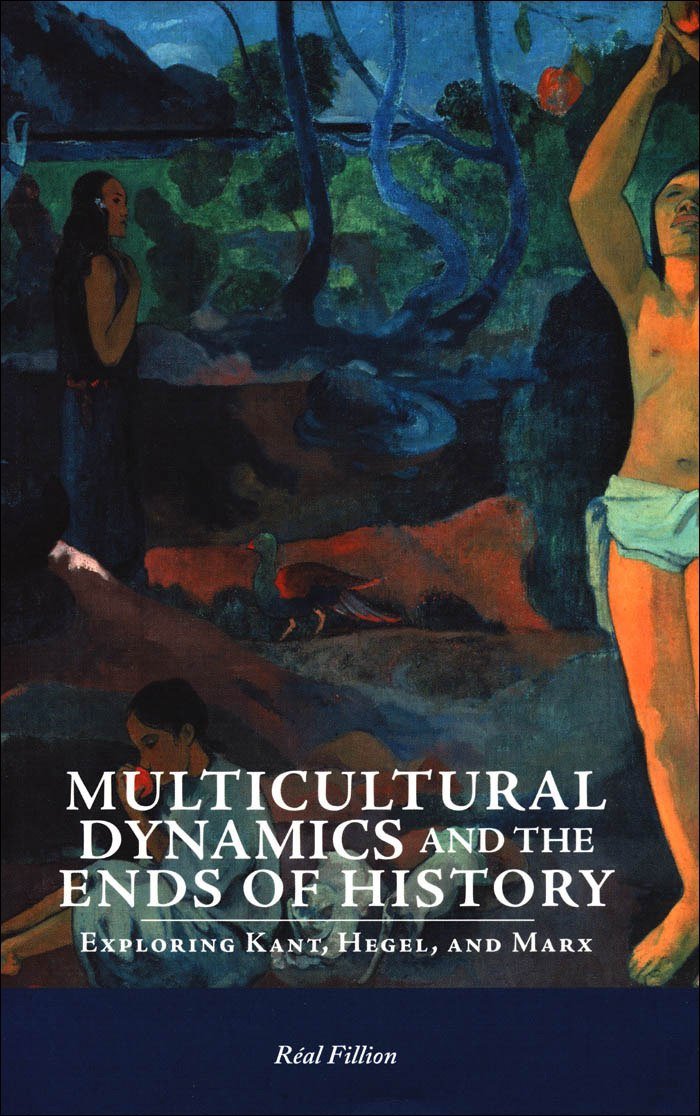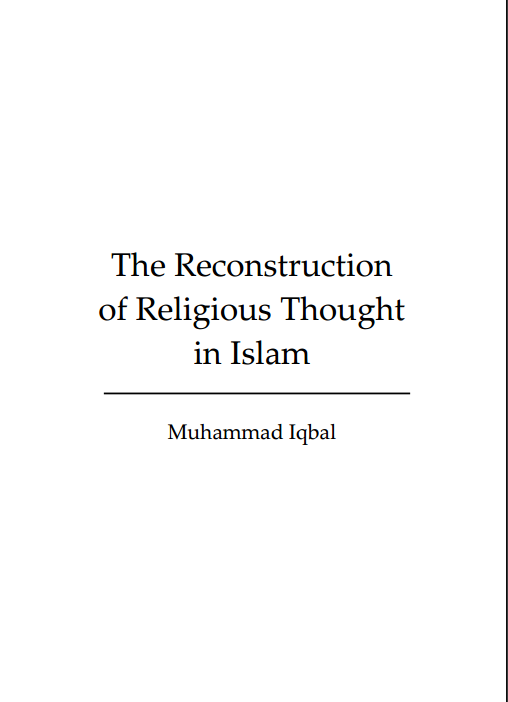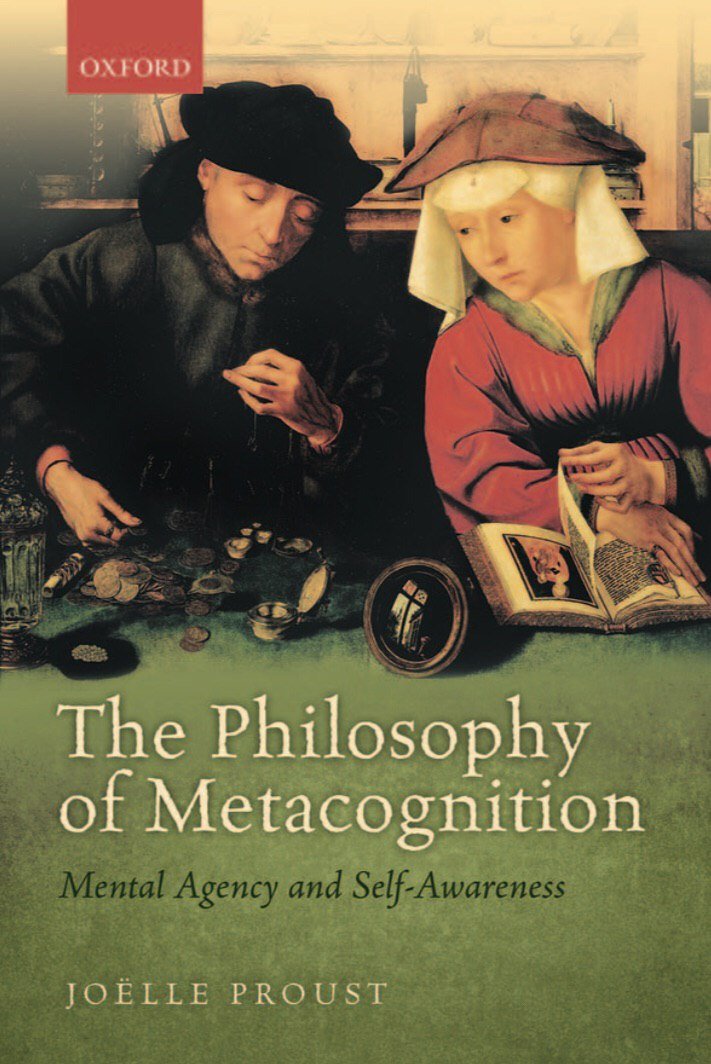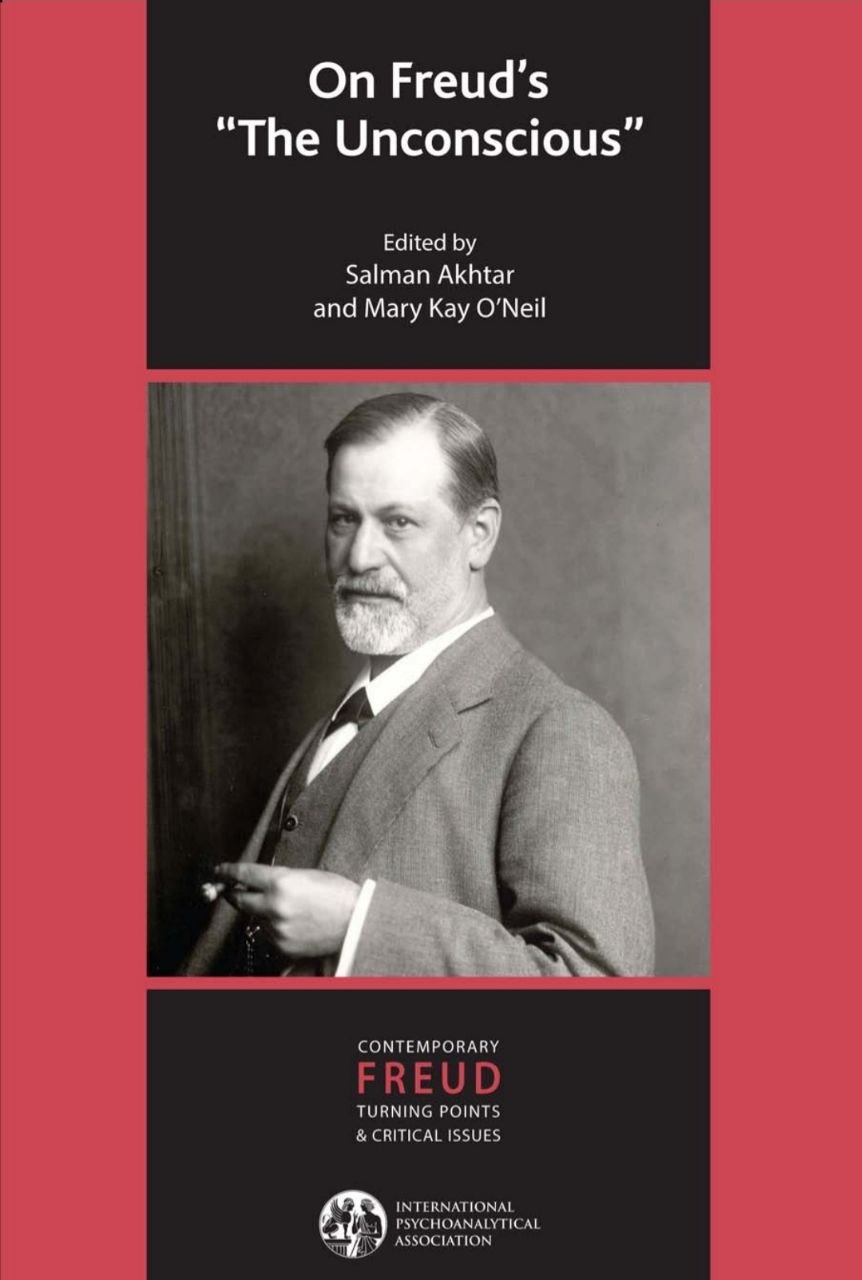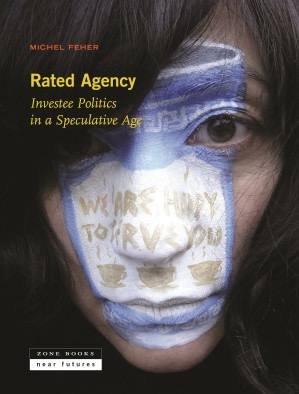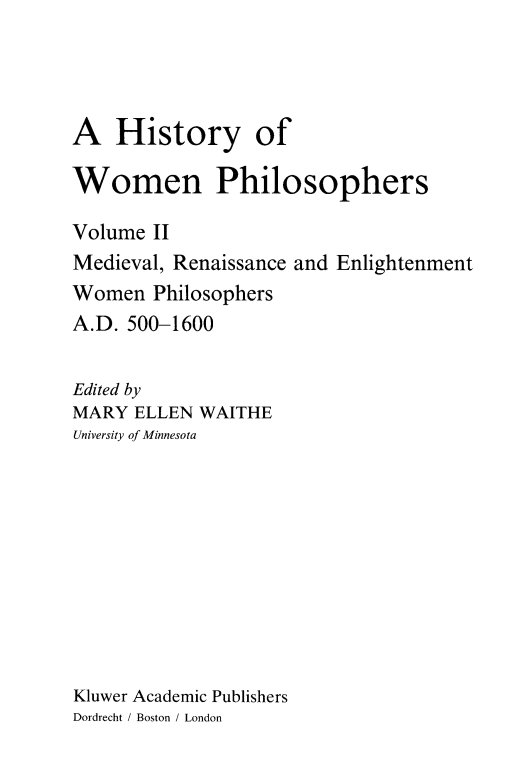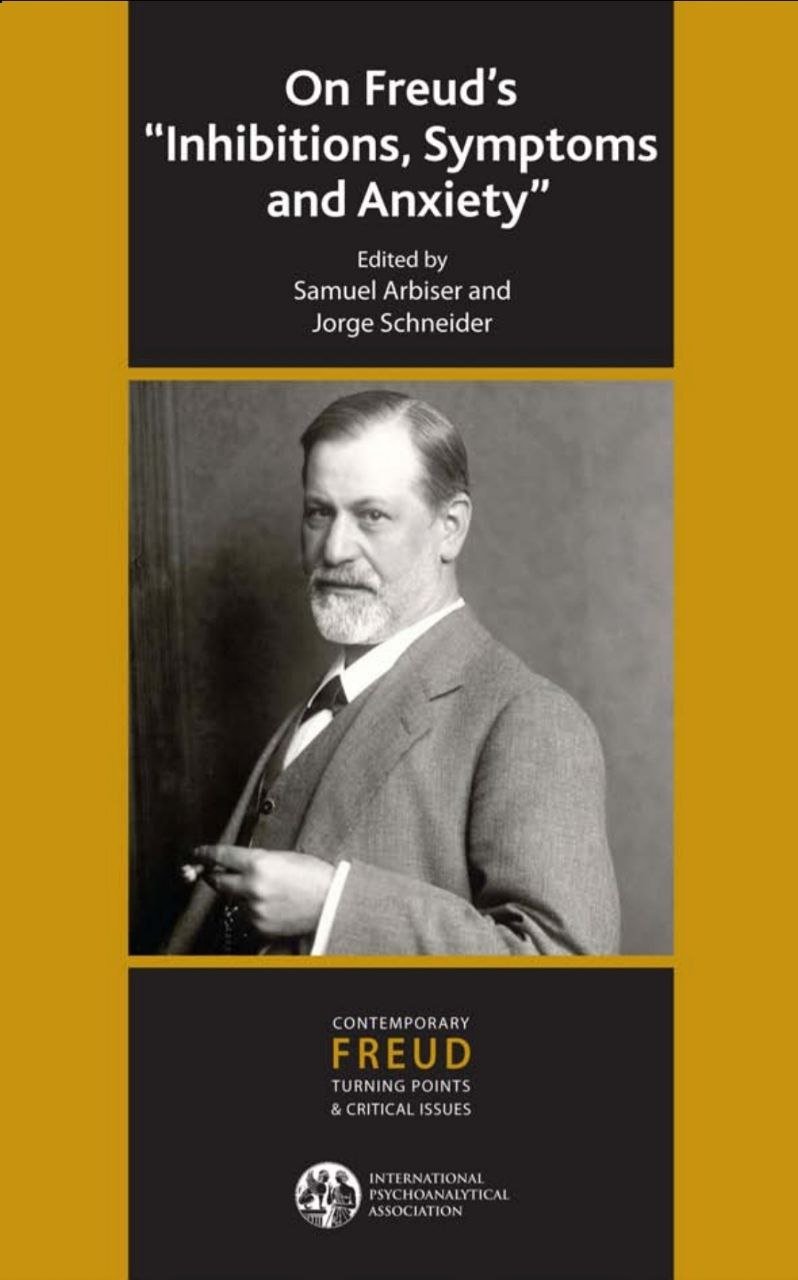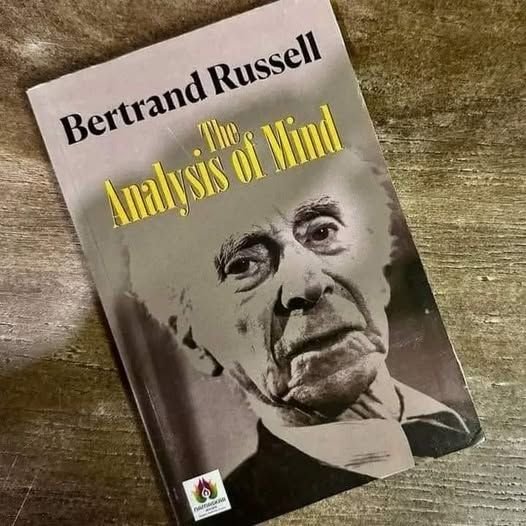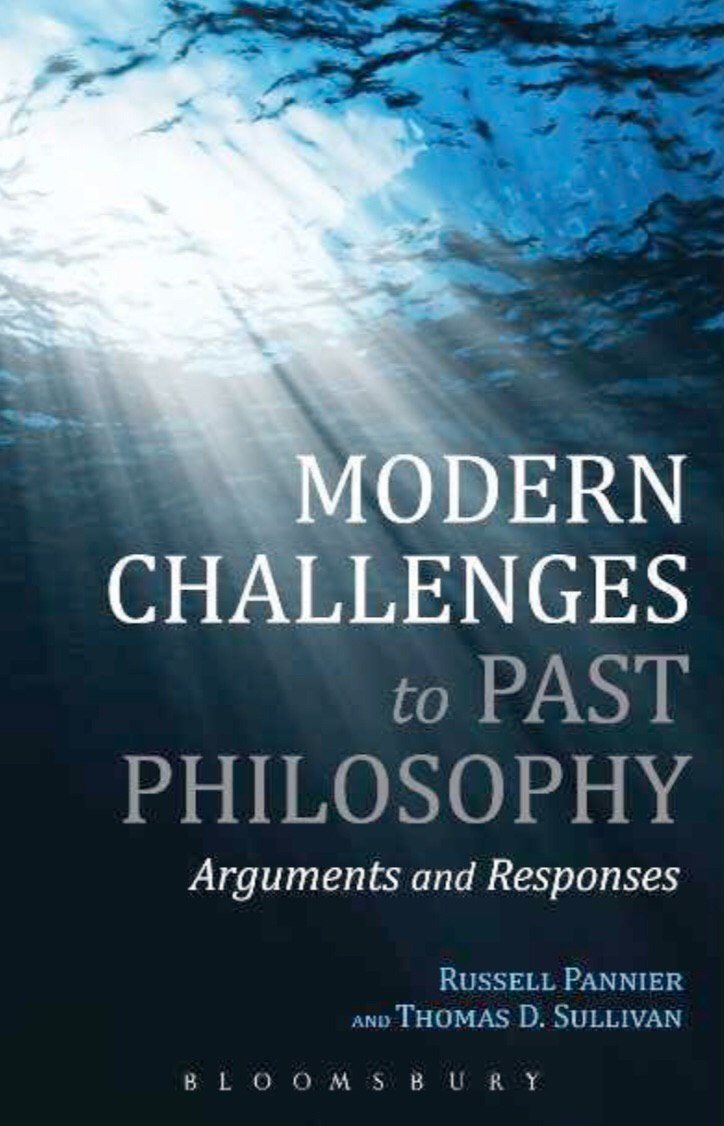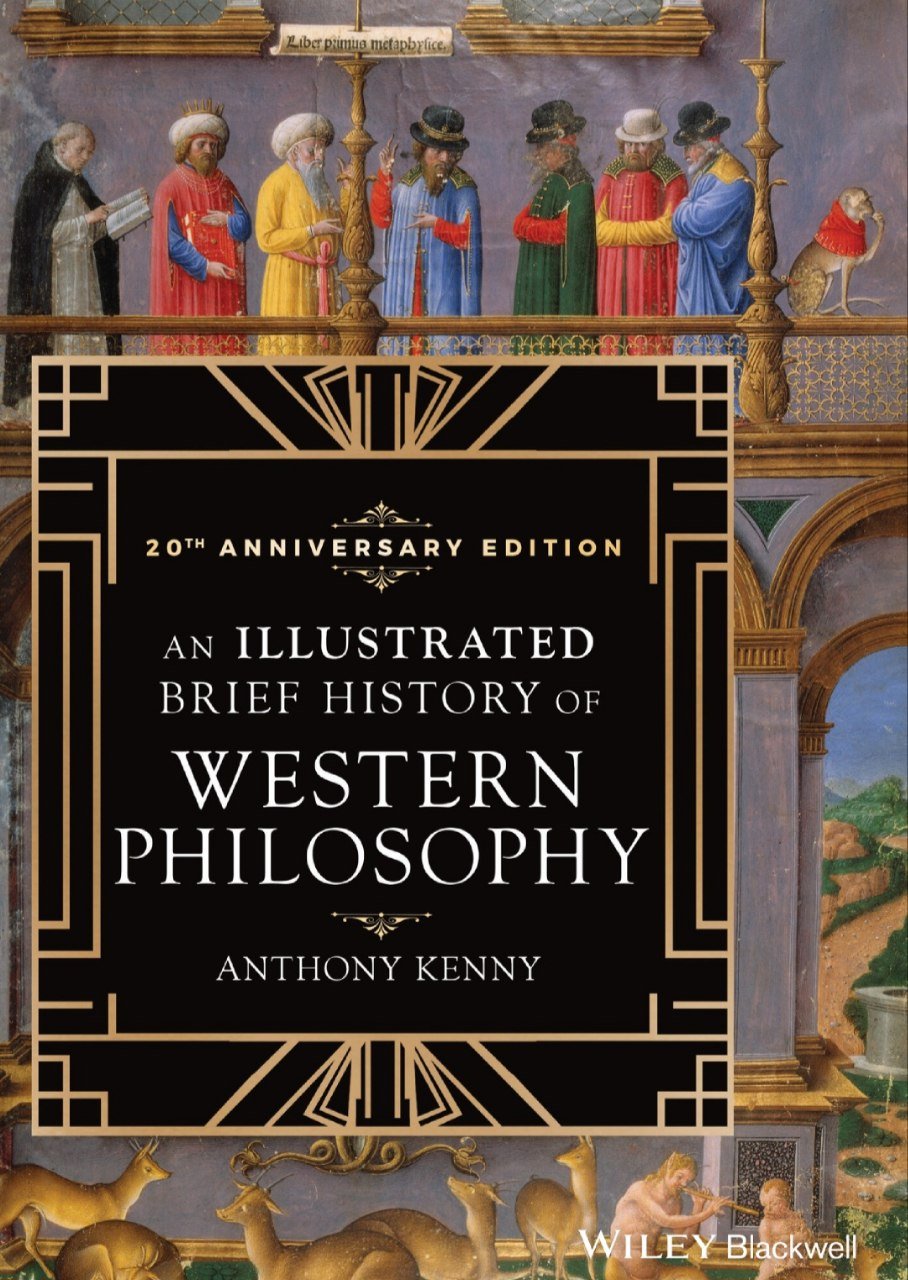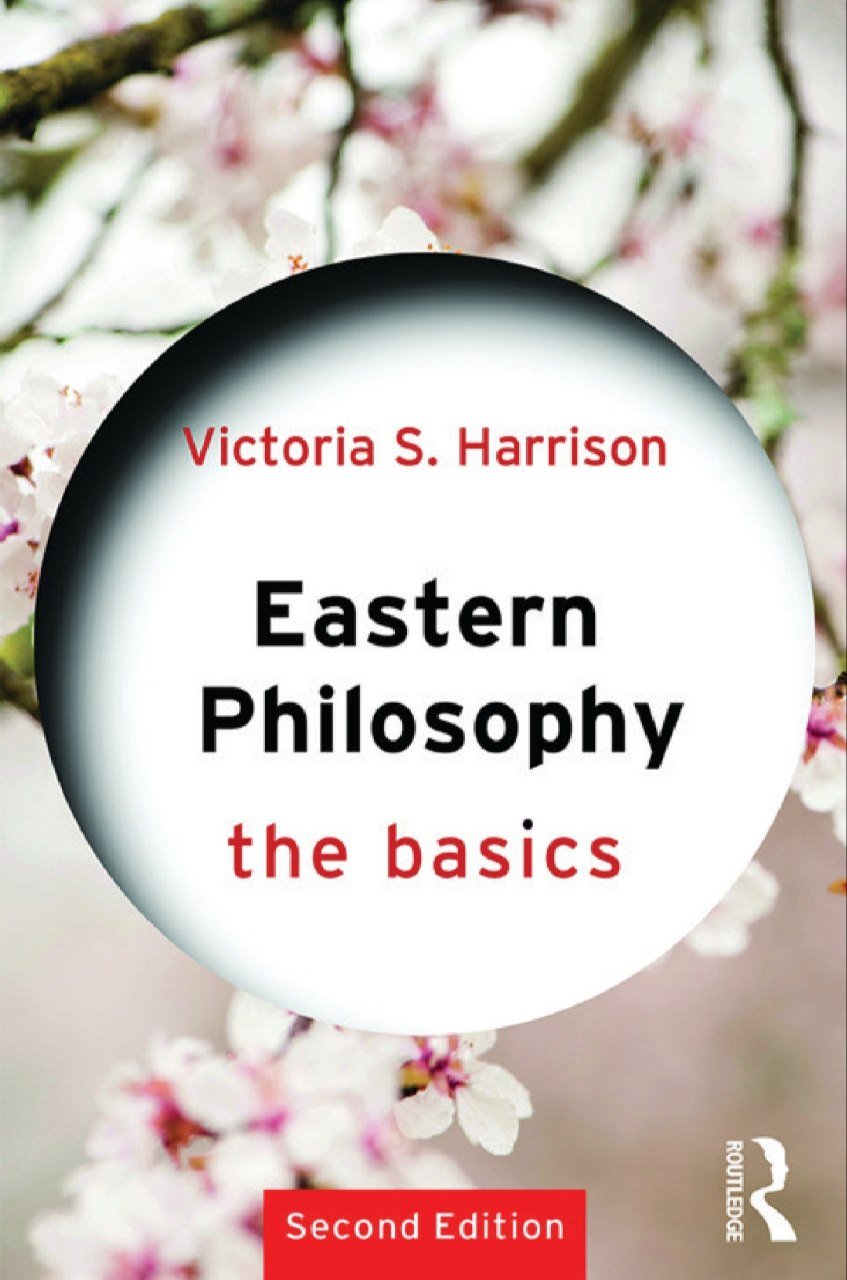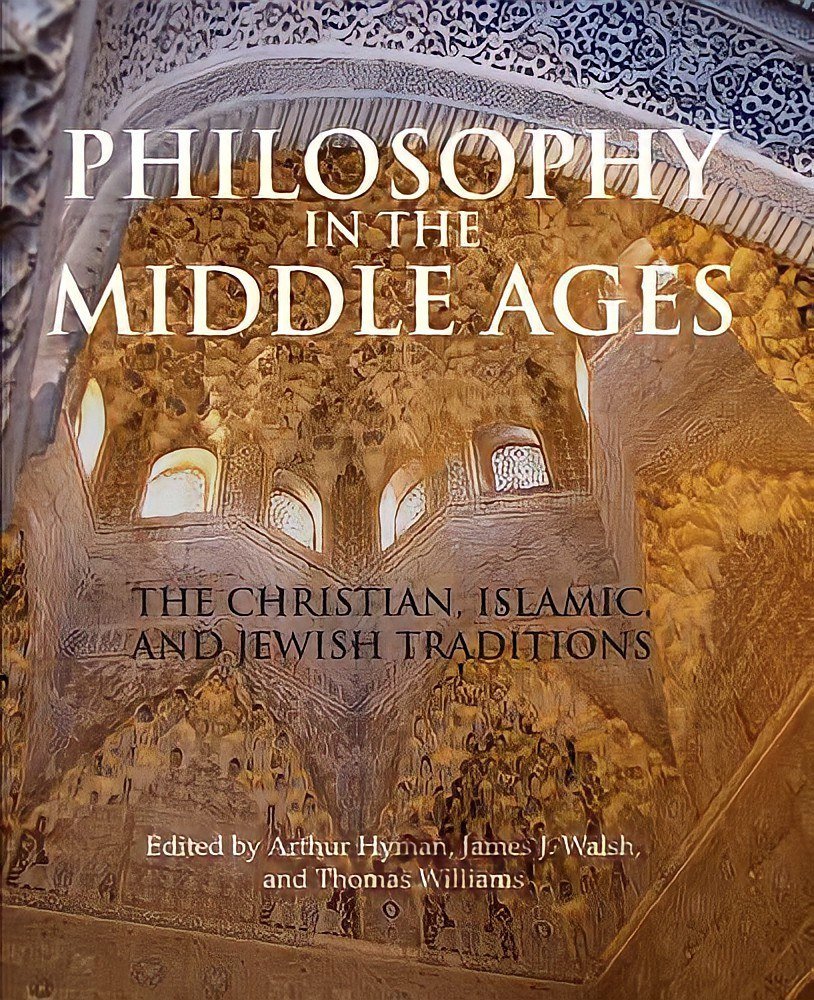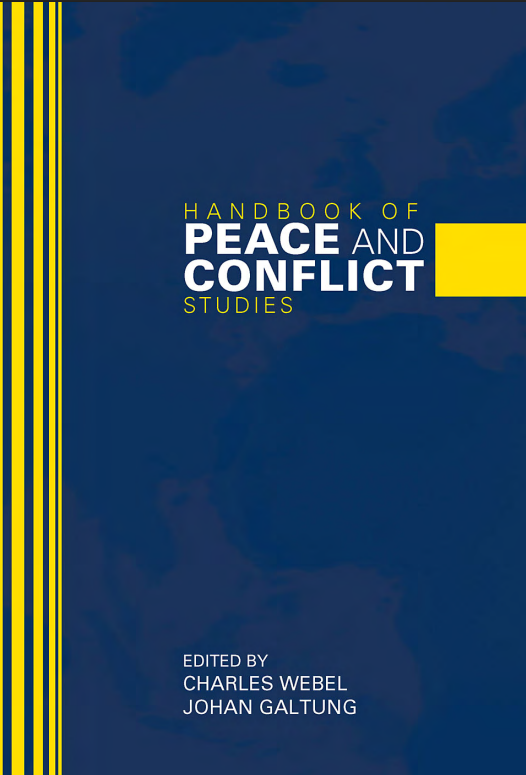
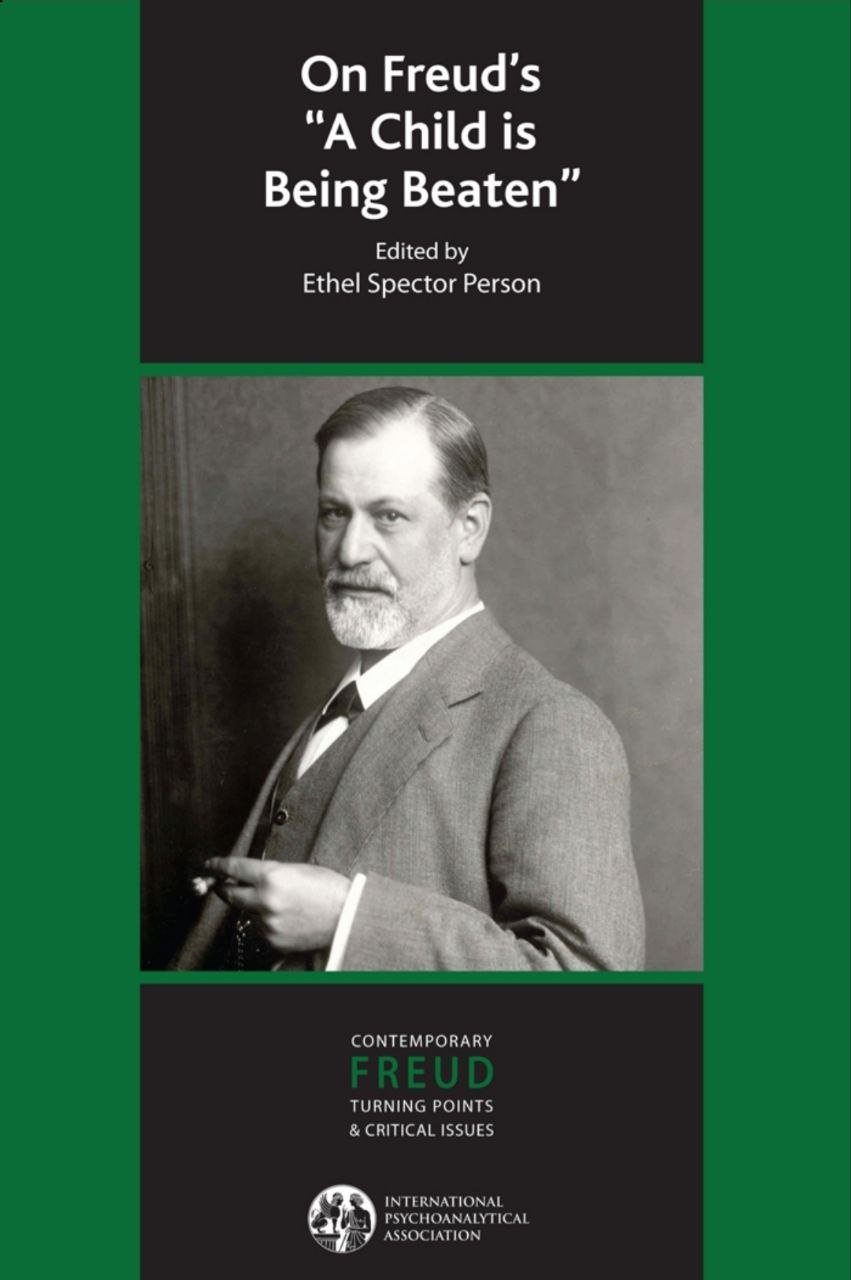
On Freud’s A Child is Being Beaten
Reviews
No review yet. Be the first to review this book!
Description
On Freud’s “A Child is Being Beaten”, edited by Ethel Spector Person, offers a sophisticated and clinically grounded engagement with one of Freud’s most psychologically intricate and controversial essays. Originally written in 1919, Freud’s paper “A Child is Being Beaten” explores the fantasy life surrounding corporal punishment and its deep ties to sexuality, aggression, and the formation of neurotic symptoms. Freud identifies a common childhood fantasy involving the beating of a child (sometimes the fantasizer themselves, sometimes another), analyzing its stages and transformations, and interpreting it as a window into unconscious wishes, particularly those related to oedipal desires, guilt, and masochism. Ethel Spector Person, a leading psychoanalyst and theorist, curates a collection of essays that reflect on Freud’s core arguments while extending them into modern psychoanalytic thought and clinical application. The contributors examine how this fantasy operates in both male and female psychosexual development, highlighting its links to issues of gender identity, power dynamics, submission, and perversion. The volume delves into the deeper emotional layers of this fantasy, showing how it can function as a compromise formation between conflicting desires—such as love and hate, dominance and vulnerability—and how it often masks more primitive anxieties and unmet needs for recognition or punishment. The book also situates Freud’s essay within broader psychoanalytic debates, including the role of fantasy in symptom formation, the significance of unconscious guilt, and the function of internalized aggression. The contributors revisit Freud’s clinical cases and build on them to demonstrate how such beating fantasies may present in contemporary analytic practice, often subtly encoded in dreams, transference dynamics, or repetitive behaviors. On Freud’s “A Child is Being Beaten” revitalizes a provocative and conceptually rich text that continues to challenge psychoanalysts to grapple with the complexity of human sexuality, the power of unconscious fantasy, and the enduring mystery of childhood mental life. With clinical insight and theoretical rigor, the volume affirms the essay’s relevance for understanding sadomasochistic phenomena, internal conflict, and the intricate pathways by which early experiences shape adult emotional life.






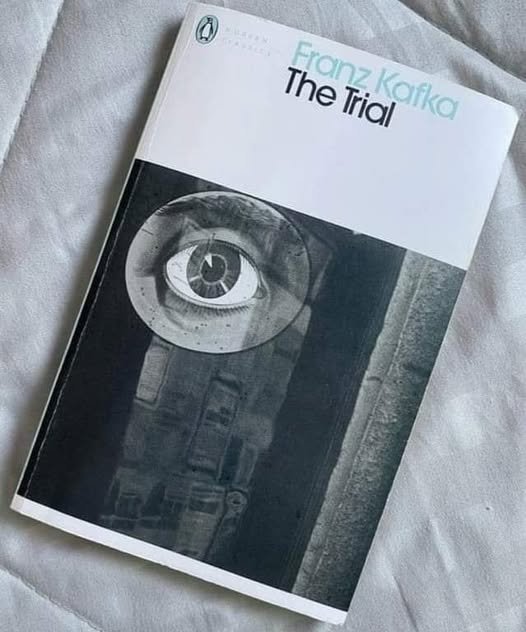



















.jpeg)




.jpeg)







.jpg)



.jpg)



.jpg)


.jpg)







.jpeg)




.jpg)
.jpg)




.jpg)


.png)




.jpg)



.jpeg)


.jpeg)







